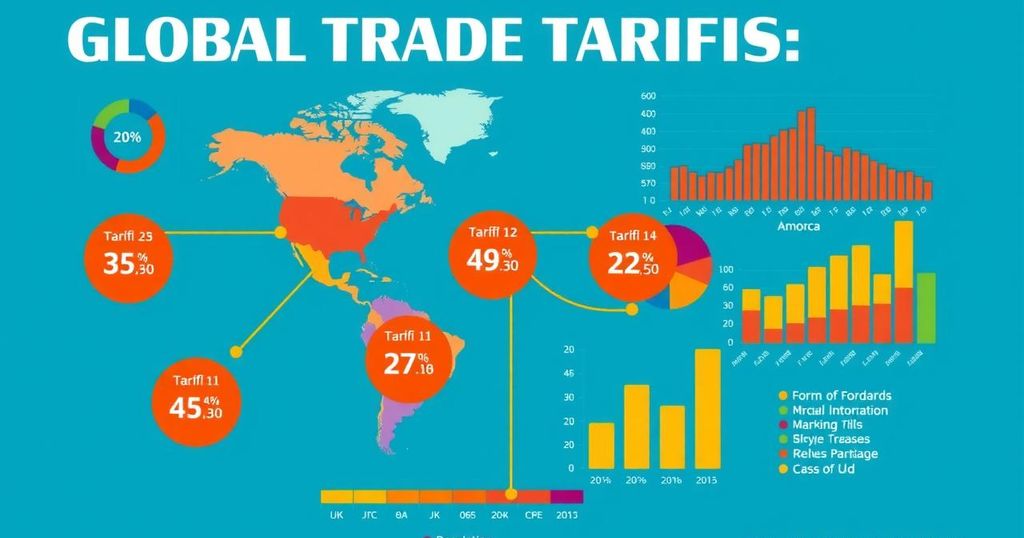Harold Wilson’s leadership resulted in widespread atrocities, including the deaths of millions in Biafra and Indonesia, and the invasion of East Timor. His government supported oppressive regimes, resulting in significant humanitarian crises and raising serious moral implications about state responsibility in armed conflicts.
The legacy of Harold Wilson, Prime Minister of the United Kingdom from 1964-1970 and again from 1974-1976, exposes his complicity in mass atrocities occurring in Biafra, during the Indonesian communist purges, and throughout the East Timor invasion. Each of these conflicts resulted in millions of deaths, largely stemming from his government’s policies or support for oppressive regimes.
The conflict in Nigeria between 1967 and 1970, known as the Biafran War, resulted in horrific civilian suffering, with up to three million casualties. Wilson’s administration was accused of providing military support to the Nigerian government, thereby facilitating a famine that led to the starvation of numerous Biafran children. Reports indicate that approximately one million children perished due to starvation during this period.
In Indonesia, the Wilson government played a pivotal role during the anti-communist purges from 1965 to 1966, which resulted in the deaths of hundreds of thousands. Archives reveal the British government’s awareness of the atrocities occurring. Wilson’s government was instrumental in supporting the Indonesian regime, thereby enabling mass violence against those labeled as communists.
The induced violence continued to East Timor in 1975, where Wilson’s government endorsed the Indonesian invasion. The death toll was significant, with estimates of 100,000 to 200,000 fatalities among the Timorese people, following a campaign led by Indonesian forces. The UK government’s strategic alliances during this time facilitated these tragic events.
Beyond Wilson’s direct involvement, various nations, including the United States and Australia, largely supported Indonesia’s aggressive actions in East Timor and the broader regional stability advocated by western powers. This complicit international support underscores the significant geopolitical motivations behind these tragedies, overshadowing humanitarian concerns.
In conclusion, the actions during Harold Wilson’s government represent one of the darkest chapters in British history, characterized by a blatant disregard for human rights. His administration’s policies contributed to the suffering and deaths of millions across Biafra, Indonesia, and East Timor. The implications of these actions continue to resonate, raising essential questions regarding accountability and the moral duties of governing bodies in conflict situations.
In summary, Harold Wilson’s tenure as Prime Minister is marred by significant humanitarian crises across Biafra, Indonesia, and East Timor, each resulting in millions of deaths. His government’s support for repressive regimes and its involvement in military actions reveal a troubling history of overlooking human rights abuses for political and economic gains. These events serve as a stark reminder of the consequences of governmental policies on global conflicts and the need for accountability in leadership.
Original Source: moderntokyotimes.com




